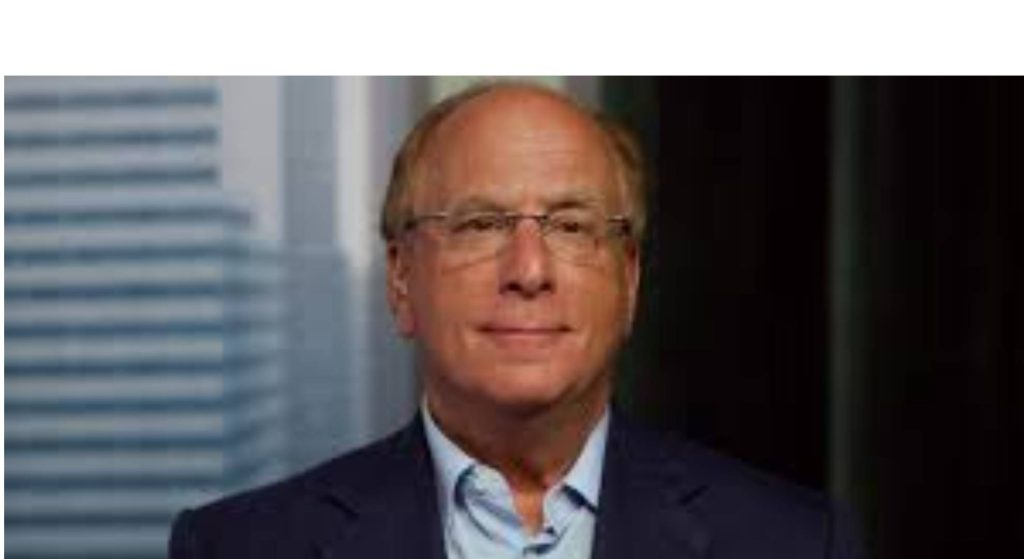On March 31, when Blackrock released its CEO Larry Fink’s annual Chairman’s Letter to Investors, what he left out was more significant than what he said.
After years of advocating environmental, social, and governance (ESG), climate change, and corporate sustainability, these words found no mention in the letter.
For the second time in a row, Fink, who has helmed the world’s largest private equity fund since 1988, failed to mention ESG or sustainability in his much-looked-forward-to annual letter to investors. Climate change and DEI were also notably absent as he pushed for more energy production and the expansion of nuclear power.
In 2024, Fink, an early advocate for ESG, began rolling back on his commitment to ESG as a priority and replaced the term ESG with “stakeholder capitalism, sustainable investing, or climate investing.” However, none of these were mentioned in the 2025 letter.
Instead, he wrote about electricity demand and energy pragmatism—balancing a mix of renewable energies and oil and gas.
BlackRock Inc. is the world’s largest asset manager, with over $11.6 trillion in assets under management.
As Republicans in the US began taking issue with climate policies and diversity, equity, and inclusion, especially as it relates to LGBTQ+ issues, criticism of BlackRock and Fink has escalated.
In response, Fink stated he will no longer be using the term ESG, as it had become too political. In the 2024 Chairman’s Letter to Investors, Fink began avoiding the term ESG.
In the 2024 letter, Fink introduced the term “energy pragmatism,” explaining that there is a balance between “energy transition” to renewable energy as part of the global push to address climate change and the need for “energy security” spurred by Russia’s invasion of Ukraine.
By 2025, the focus on energy shifted to the need for more development, specifically targeting the overly burdensome regulatory requirements and permit process. “In both the US and the EU, it usually takes longer to permit infrastructure projects than to construct them. A high-voltage power line can take 13 years to get approved— something China does in a quarter of the time.”
While reviewing the 2025 letter, investors will find familiar views on the economy, private assets, and retirement savings highlighting BlackRock’s strategy and priorities.
But advocates of corporate climate action will come away disappointed that their most influential voice among the corporates has ditched them in favor of staying on the right side of the Trump administration.










